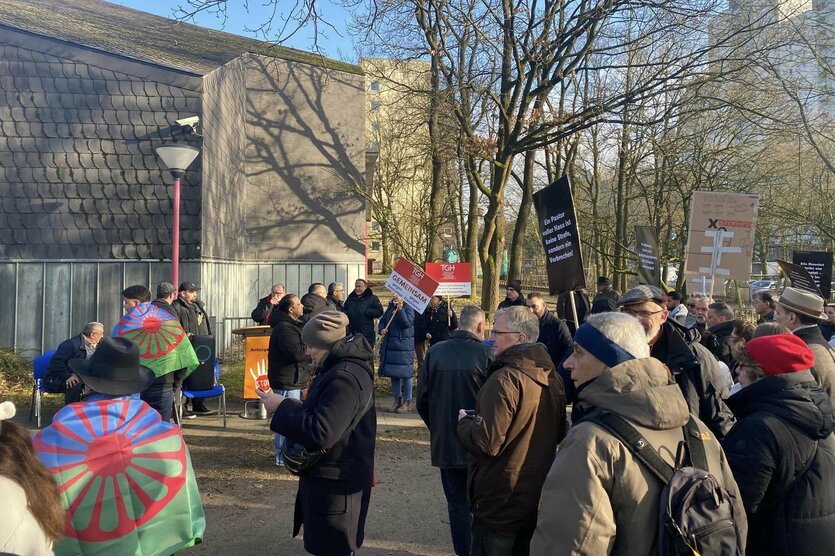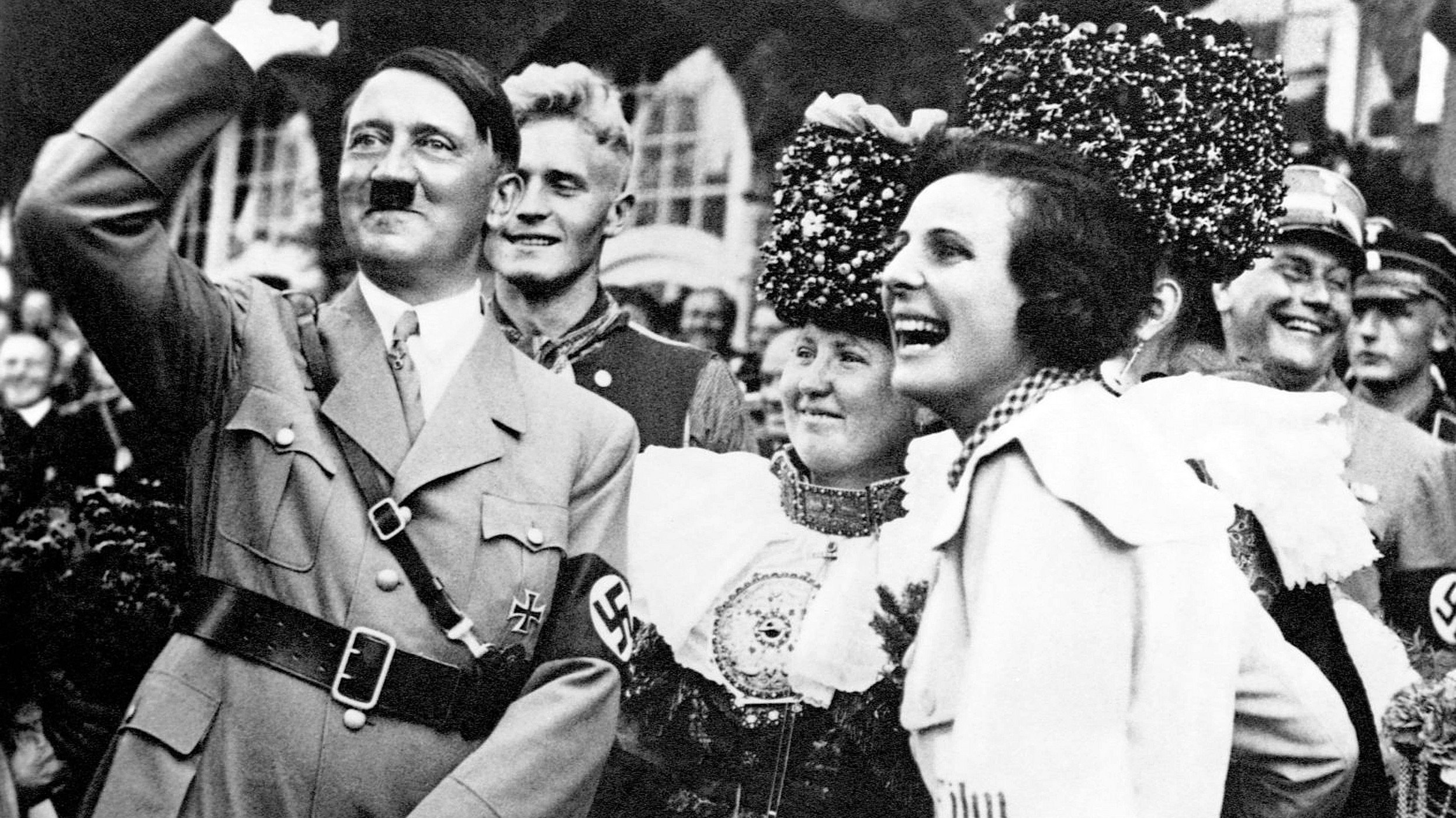Michels (2014) reports on the project of the German Förderverein Roma, who wants to settle immigrant Rroma families on the former campus of Bockenheim: “15 percent of the residential land at the current campus that the university wants to have vacated by 2017, are meant for housing associations. A total of 1’200 dwellings are planned to be built. Until the end of January, 21 initiatives for community living have submitted their applications to the land-owner ABG holding. The largest of these, the “Wohngruppe Philosophicum“, supports the initiative for Roma families.” The head of the Förderverein Roma, Joachim Brenner, is hoping that through the financial support of foundations and the EU and with a convincing concept, he will be awarded the contract.
Palm (2014) states to the housing project on the former campus of Bockenheim, that the urban housing association ABG decidedly announced that it won’t give the contract to any project that cannot independently finance itself: “We will subsidize nothing and nobody”, Junker said, whose company develops the campus. […] The city administration is also sceptical. So many people “with complex problems” to focus on a small space does not correspond with the line of thoughts of the Frankfurt social administration, said the spokeswoman of social department head Daniela Birkenfeld (CDU).”
Voigt (2014) reports on a housing project for Rroma in Berlin-Neukölln, for which the Frankfurt integration board has now shown interest. In the Harzer Strasse in Neukölln, a non-profit housing company bought neglected apartment buildings and renovated them for immigrant Rroma families. In Frankfurt, the Berlin social worker Daniel Ibrahimovic reported on the chronology of the project: “The neighbours were curious and came by more often. Then the project proved to be positively developing. “Slowly but surely people realize that Roma are not another species”, said Ibrahimovic, who belongs to the minority himself. Gradually you have shown the people, “that these are also humans.”” Ideas about cultural alterity and incompatibility hold themselves persistently in the politicized debate. That these are primarily poverty issues that are hyped up to cultural differences, is not discussed.
- Michels, Claudia (2014) Roma-WG will auf den Campus. In: Frankfurter Rundschau online vom 6.2.2014. http://www.fr-online.de/frankfurt/frankfurt-roma-roma-wg-will-auf-den-campus,1472798,26106564.html
- Palm, Christian (2014) Kaum Chancen für Roma-Wohnprojekt. In: Frankfurter Allgemeine Zeitung online vom 25.1.2014. http://www.faz.net/aktuell/rhein-main/frankfurt-bockenheim-kaum-chancen-fuer-roma-wohnprojekt-12766819.html
- Voigts, Hanning (2014) Den Roma eine Chance. In: Frankfurter Rundschau online vom 6.2.2014. http://www.fr-online.de/frankfurt/roma-wohnprojekt-den-roma-eine-chance,1472798,26103468.html







